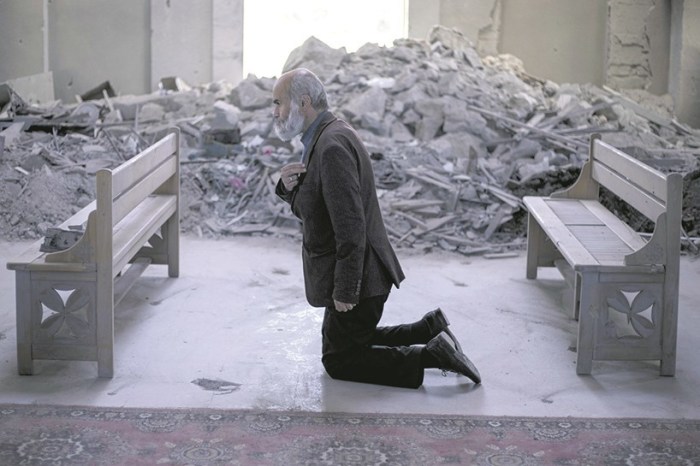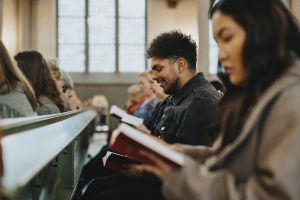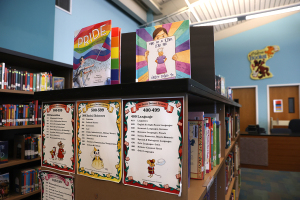Can we ‘suffer with’ those we’ve never met?

Most Americans would struggle to find Armenia and neighboring Azerbaijan on a world map.
Starting Sept. 27 last year, these two land-locked former Soviet nations – surrounded by Iran, Turkey, Georgia, and Russia – endured a 44-day war that has caused immense suffering and heartache in both countries.
One pastor wept as he described how two beautiful sisters, ages 15 and 17, were killed when a bomb exploded right next to their home. The oldest was looking forward to her planned wedding day.Instead, her heartbroken parents buried both her and her sister.
Right now, the people of Armenia and Azerbaijan are looking for a glimmer of hope and light.
Beauty for ashes
The ashes of war can seem to obliterate the light, and yet God is doing an amazing thing in the midst of darkness and raw grief. He’s fulfilling a promise he made 700 years before Jesus was born.
“… the Lord… has sent Me to heal the brokenhearted… to comfort all who mourn… to give them beauty for ashes, the oil of joy for mourning, the garment of praise for the spirit of heaviness.” (Isaiah 61:1-3, NKJV)
In my role as president of Slavic Gospel Association, I’ve seen time and time again Christ bringing comfort and healing in the most desperate circumstances, just as the prophet Isaiah foretold.
I’ve just returned from Armenia, and I’m still in wonder at what I saw in the churches: a faith in God that’s unshakable and growing stronger every day; one that comforts those who mourn; and that offers His beauty for ashes.
Incredibly, pastors and church members who’ve lost their own children and homes are comforting their brokenhearted neighbors and sharing the hope of the Gospel with them.
If one suffers, all suffer
As I listened to local pastors’ heart-wrenching stories, the words of the Apostle Paul to the universal church hit me like a thunderbolt: “If one member suffers, all the members suffer with it.” (1 Corin. 12:26, NKJV)
But, as you and I know, in practice, that’s not as easy as it sounds.
Naturally, our attention is drawn to tragedies closer to home that often have a bigger impact on us than ones farther away.
With so much suffering in our own nation, let alone the rest of the world, do you and I even have the emotional capacity to soak in and respond to the suffering of others we’ve never met, thousands of miles away, in lands we struggle to find on the map?
Is it really possible for us to “suffer with” our brothers and sisters “over there,” too?
The truth: it’s hard.
But sometimes Christ calls us to do the “hard things.” The things that require us to leave our comfort zone in order that we might comfort others in their distress.
I must tell you that our fellow believers in Armenia and Azerbaijan are counting on it. “Thank you for standing with us,” they told me, gripping my hand.
They didn’t know they’d gripped my conscience and my heart as well.
I’ve got good news. In a genuine way, we can show our compassion and our solidarity with those who are suffering. SGA’s Immanuel’s Child outreach provides Christmas gifts and Bibles and the love of God with thousands of traumatized and needy children, including many living in war zones and orphanages in Armenia, Azerbaijan, and across the former Soviet Union.
By partnering with local churches, we have a unique opening to bind wounds, comfort and heal broken hearts, and offer the “beauty for ashes” Jesus gives.
We can do the hard thing.
We can “suffer with” those we’ve never met.
Michael Johnson is president of Slavic Gospel Association (www.sga.org), a mission that serves local evangelical churches across the former Soviet Union, sharing the Gospel with “forgotten” children, orphans, widows, and families.




























